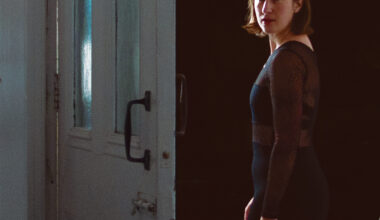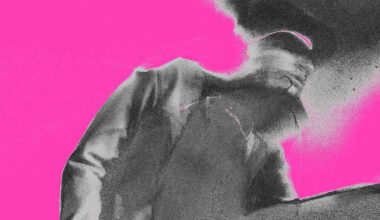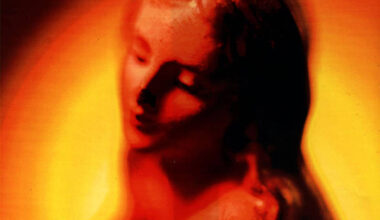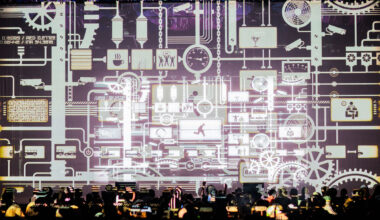Post-punk experimentalists mark 40th anniversary with deluxe reissues

When I was editing Zigzag around 1978, I heard about this band tucked away in the depths of Brixton bent on making music through experiments and noise, with no regard for the sometimes irritating trends then creeping into punk’s aftermath. Unlike the bands who saw post-punk’s open field as a place in which to create a tinny little racket, This Heat didn’t appear to give a shit about anything except the untamed aural micro-surgery they were performing in their lab, so I gave them a spread in the mag.
Then that distinctive blue and yellow sleeved first album turned up. One blast of the heaving locomotive of ‘Horizontal Hold’, which bore traces of then little-acknowledged Can in its engine room, was all it took to realise something special was being forged here. This Heat lined up as Charles Bullen (guitar, clarinet, viola, vocals, tapes), Charles Hayward (drums, keyboards, vocals, tapes) and Gareth Williams (keyboard, guitar, bass, vocals, tapes). They had started recording together in early 1976 before holing up in a former meat pie factory in Brixton’s Acme complex, which they had turned into their Cold Storage studios. Here they sculpted their cinematic mood and noise experiments with much use of the dub techniques that must have floated in through the window on hot days, emerging with their debut album in September 1978.
The Morse code signals of ‘Testcard’ start the album as This Heat meant to go on. Most startling is the exploration of dissonant textures and tape manipulation on ‘24 Track Loop’, ‘Diet Of Worms’ and ‘Fall Of Saigon’ while ‘Music Like Escaping Gas’ betrays their interest in musique concrete and bison flatulence. The chiming ‘Water’ is entirely improvised and sometimes there are disembodied vocals.
The follow-up was 1980’s 20-minute maxi-single ‘Health And Efficiency’, which featured a track on each side. The title cut is improvised over a loose motorik groove and was recorded on a mobile studio unit they found in the Melody Maker small ads. The b-side’s ‘Graphic/Vari-Speed’ is built on a vari-speeded drone sound from ‘24 Track Loop’, designed to be playable at 33, 45 or 78.
Before Williams departed to India, This Heat recorded 1981’s ‘Deceit’, long considered an obscure post-punk classic. Here the trio presented their take on songs, with vocals, melodies and even hooks, albeit through their own infinite looking glass where nothing is at it seems, addressing worrying current issues such as US defence policies and global paranoia. The lyrics of ‘Sleep’ were swiped from TV commercials while ‘Triumph’ foresaw the surveillance which now rules everyday life. ‘Makeshift Swahili’ saw Hayward letting fly with a voice he never knew he had. This Heat wouldn’t think twice of recycling their own drum loops so presaged sampling too.
Remastered on coloured wax, the individual records have already sold out, although a bargain bundle is still available, but probably not for long. I’m reviewing off a poncy download, but they still sound uniquely disquieting and out on their own. Hopefully these historic documents from another time will get a full release in the near future.





